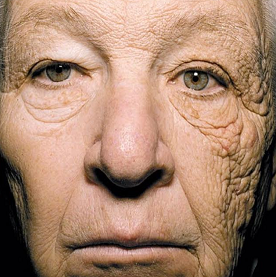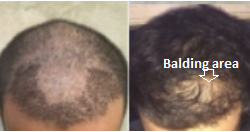(female) I have been using Ambien for about 4 years. I am losing my hair and get tingling feelings and sometimes my scalp feels sore in places. Can Ambien cause this, it seems to have gotten worse since June when I had an MRI done of my head to rule out MS. What can you tell me. Thanks
 I’ve not read anything that says Ambien (zolpidem tartrate) can cause hair loss. There are a couple of unverified reports I found online, but nothing in the official literature.
I’ve not read anything that says Ambien (zolpidem tartrate) can cause hair loss. There are a couple of unverified reports I found online, but nothing in the official literature.
I can not comment on your other symptoms. Sounds like you already have an expert working with you, but based on the information you stated, your doctor must think there is something going on (since you were screened for multiple sclerosis) and you need to have a down to earth discussion with your doctor on the differential diagnosis here.


